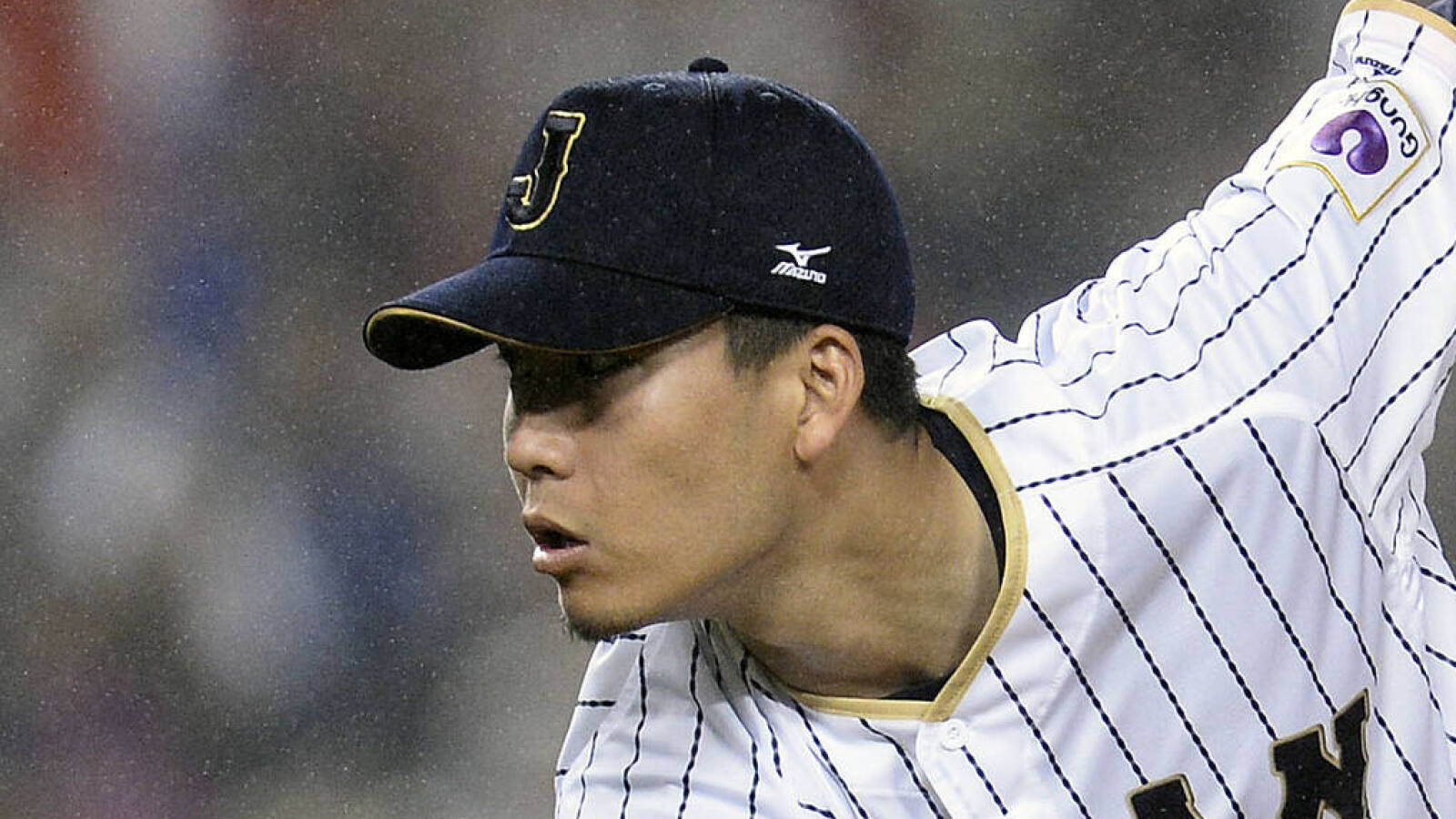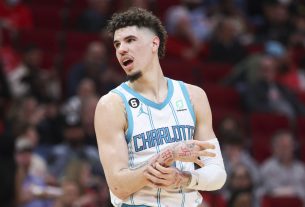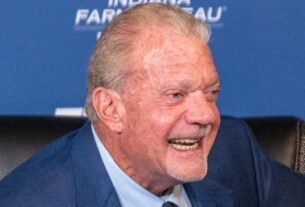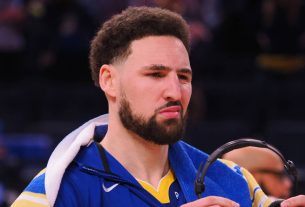The Mets have agreed to a five-year, $75M deal with right-hander Kodai Senga, SNY’s Andy Martino reports (Twitter links). Senga’s contract also has no-trade protection and an opt-out clause following the 2025 season, as per The Athletic’s Ken Rosenthal (via
Twitter).
The deal will become official when Senga passes a physical. Senga is represented by the Wasserman Agency.
The contract figure exactly matches the projection from MLBTR, as Senga ranked 11th on the list of the offseason’s Top 50 Free Agents. There is no further posting fee involved in the Mets’ costs, since Senga became a full free agent after exercising an opt-out clause in his contract with Nippon Professional Baseball’s Fukuoka SoftBank Hawks.
Senga turns 30 in January, and he leaves the Hawks after 11 outstanding seasons. The righty has a 2.59 ERA, 28.22% strikeout rate, and 9.33% walk rate over 1089 innings at Japan’s highest level. Senga’s four-pitch arsenal is highlighted by an excellent splitter and a fastball that routinely hits the upper-90s.
Scouting reports indicate that Senga’s control is sometimes inconsistent, but otherwise, many pundits feel his stuff can translate quite well to North American baseball.
Between Senga’s potential and the overall demand for pitching this offseason, it isn’t surprising that multiple teams were monitoring his market.
The Red Sox, Blue Jays, Dodgers, Giants, Mariners, and Padres were the other clubs known to have interest, and agent Joel Wolfe implied that as many as a dozen MLB teams had checked in on his client.
Multiple five- and six-year offers were on the table for Senga, and while he elected for a five-year option from the Mets, the opt-out allows Senga the possibility of re-entering the market and possibly landing extra years and more money as he enters his age-33 season.
Heading into the offseason, the Mets faced the challenge of a large free agent class that included a star closer (Edwin Diaz) and most of the bullpen altogether, their starting center fielder (Brandon Nimmo), and the majority of their starting rotation in the form of Jacob deGrom, Taijuan Walker, and Chris Bassitt.
However, with the Winter Meetings only just passed, New York has already addressed most of those holes by re-signing Diaz and Nimmo, and replacing that trio of starters with Justin Verlander, Jose Quintana, and now Senga.
If that wasn’t enough, the Mets further bolstered the relief corps by signing David Robertson and acquiring Brooks Raley in a trade from the Rays.
There wasn’t any doubt that owner Steve Cohen was prepared to keep spending in order to keep his 101-game winning team in line to be World Series contenders.
However, the spending spree has just continued to reach record levels, as the Mets now project to have a 2023 payroll of roughly $334.68M, and a luxury tax number of just over $349.5M.
This not only dwarfs the $233M Competitive Balance Tax threshold, it even soars past the fourth and highest ($293M) tier of the CBT.
The fourth tier was instituted in the last collective bargaining agreement as a further penalty for excessive spending, and was unofficially nicknamed the “Steve Cohen Tax” given how the owner made no secret of his intentions to heavily increase payroll.
Since this is the Mets’ second consecutive year of tax overage, they’ll face a two-time repeater penalty, as well as a 90% overage tax on any dollar spent beyond the $233M mark.
This works out to around $104.85M in tax penalty — according to Fangraphs, 11 teams currently aren’t slated to spend more than $104.85M on their entire 2023 payrolls.
With the Mets already in uncharted financial territory, even more big moves could possibly be in store for Cohen and GM Billy Eppler.
Since the luxury tax doesn’t appear to be any more than a speed bump to the Amazins’ plans, the club might continue to add high-priced talent, and not even bother with trying to get under the $293M threshold for any kind of mild lessening of its CBT bill.
On paper, the bullpen looks like it could use some more reinforcement, and catcher also looks like a weaker position except top prospect Francisco Alvarez is expected to get more big league playing time in 2023.
The rotation now looks completely set with Max Scherzer, Verlander, Senga, Quintana, and Carlos Carrasco making up the starting five.
Speculatively, the Mets might even feel comfortable enough in their depth to shop one of their backup starters (i.e. David Peterson, Tylor Megill, Elieser Hernandez) in trade talks with a pitching-needy team.
Or, given the older ages and some of the injury uncertainty surrounding the Mets’ starters, New York might also simply opt to retain as much pitching depth as possible.



